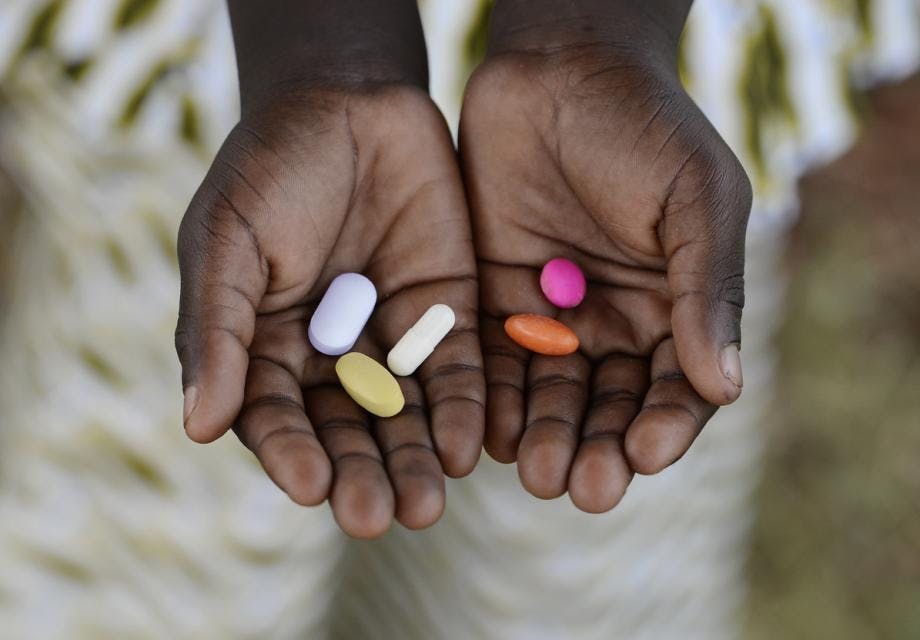Dolutegravir drug resistance – what do we know so far?
Hester Phillips
28 June 2022
Malawi study finds evidence of drug resistance linked DTG, but a severe lack of testing means the results are inconclusive
Research from Malawi has found 30% of people experiencing treatment failure on the antiretroviral dolutegravir – also known as DTG – were drug resistant. But a severe lack of drug resistance testing means the true prevalence of DTG resistance remains unknown.
What is the research about?
Researchers looked at blood samples taken between November 2020 and September 2021 from people in Malawi’s national HIV treatment programme.
All were on a combined antiretroviral regimen containing DTG and were experiencing viral failure. This occurs when antiretroviral treatment (ART) fails to suppress HIV in the body to the point where someone’s health is at risk.
Why is this research important?
The World Health Organization recommends DTG as part of first- and second-line ART. This is because it is very effective, as it often controls HIV more quickly than other types of ART. It’s also safe to use, and has relatively few side effects. The lack of side effects and its genetic formula means people taking it are less likely to develop drug-resistant HIV.
Despite people having far lower odds of developing DTG resistance, it is still possible. People’s risk of DTG resistance is increased by various things. This includes:
-
having a high viral load and low CD4 cell count when starting DTG
-
not taking DTG properly
-
previously being on an older type of integrase inhibitors (another type of ART)
-
already being resistant to the other antiretrovirals that DTG is combined with
-
having certain strains of HIV.
What did they find out?
Around 6,460 people on DTG were eligible for drug resistance testing. In Malawi, someone is eligible when their viral load increases to 1,000 copies and they’ve had 3 months of enhanced adherence support.
Only 87 samples were put forward for drug resistance testing, and only 33 were sent to be tested. This is done in South Africa due to a lack of capacity in Malawi.
Twenty-seven samples were analysed successfully. Eight of these (30%) showed DTG resistance.
Most of the 8 people had been in viral failure for a long time before being offered resistance testing (from 3 to 28 months). Five people were on failing treatment for more than a year, giving DTG resistance the opportunity to build up.
What does this mean for HIV services?
Because not many people were offered HIV drug resistance testing, it is impossible to know from this study how common DTG resistance in Malawi is. To properly assess the situation Malawi urgently needs more HIV drug resistance testing.
Drug resistant testing also provides more certainty on how long to offer adherence support for and when someone should switch ART regimens.
To see if treatment is or isn’t working, people also need access to viral load testing. Supporting someone to adhere to treatment if their viral load is rising, then regularly monitoring their viral load, can prevent drug resistance from developing.
Regardless of how available both types of tests are, ensuring people fully understand when and how they need to take their HIV treatment is key. It is also essential to provide people with the support they need to adhere. This includes having regular food, having money for transport to attend appointments, being offered multi-month refills so they don’t have to visit a clinic so often, and being offered ART refills in a community setting.
It is also important to ensure someone has emotional support to adhere. This might come from a partner or family member, peer-supporter or treatment buddy.
Get our news and blogs by email
Keep up-to-date with all our latest news stories and blogs by signing up to the Be in the KNOW news digest.
